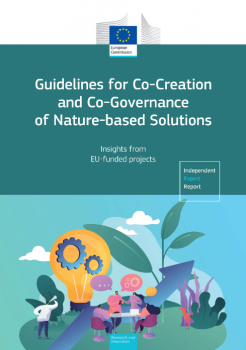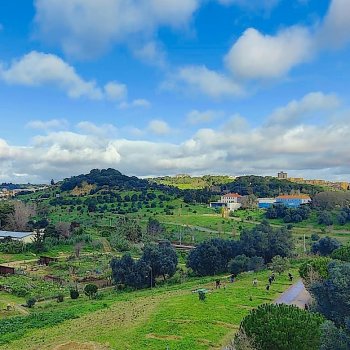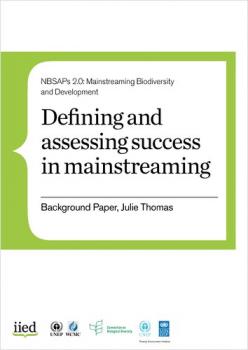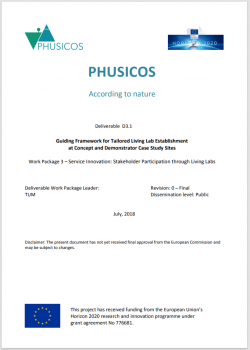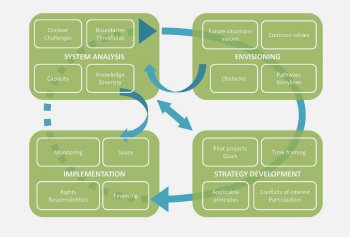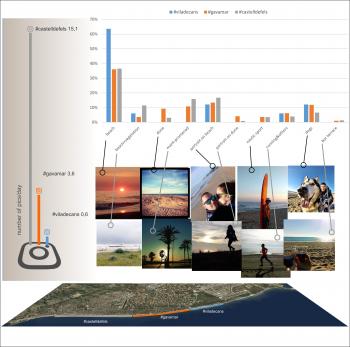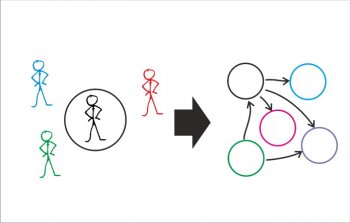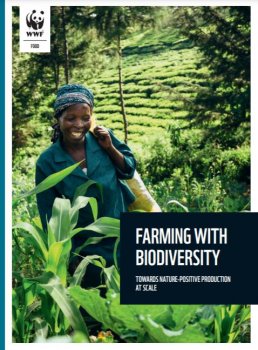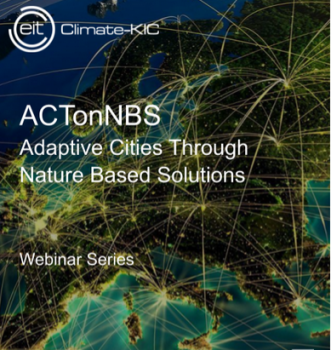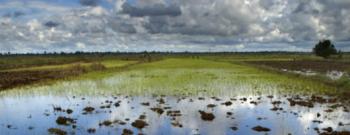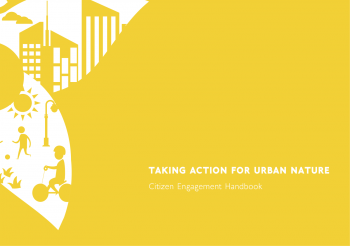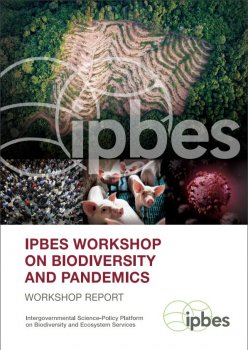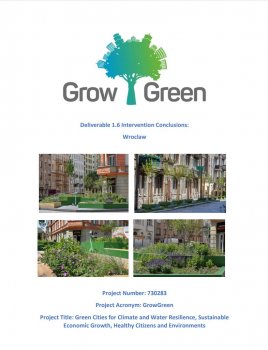Marketplace
Policy and Planning Toolkit for Urban Green Justice
Based on qualitative interview data collected in 40 cities across Western Europe, the United States and Canada, the report presents a summary and analysis of 50 policy tools and policies that fight displacement and gentrification while also improving the accessibility and inclusiveness of green
Ecosystem types of Europe
The dataset combines the Corine based MAES ecosystem classes with the non-spatial EUNIS habitat classification for a better biological characterization of ecosystems across Europe. As such it represents probabilities of EUNIS habitat presence for each MAES ecosystem type.
Guidelines for co-creation and co-governance of nature-based solutions
This report analyses co-creation and co-governance approaches for Nature Based Solutions (NbS). Each project represents different ways in co-designing, co-developing, co-implementing and co-monitoring NbS that are being deployed in diverse European contexts. The analysis presents best practices
Conexus Life-Lab factsheet series -Fast Forests for Lisbon: Nature, Community, Connections
The pilot Renatura started in late 2021. Its main goal is to bring back biodiversity to urban spaces, while enhancing social inclusion. Fostering a unique private/public sector partnership, the NGO Urbem and the Lisbon City Council convert abandoned public land into Miyawaki-based Fast Forests.
Defining and assessing success in mainstreaming
This background paper draws on reviews of the mainstreaming targets and indicators of selected NBSAPs from countries at different stages of their mainstreaming process, and the approaches to assessing the success of mainstreaming biodiversity and other issues into development. Recommendations are
Guiding Framework for Tailored Living Lab Establishment
Multi-stakeholder participation is an overarching issue of PHUSICOS and, as such, forms a foundation to foster innovation at all levels and at all case study sites. Workpackage 3 is dedicated to employ a Living Lab approach as key mechanism of local stakeholder involvement for the purpose of
4C Transitions
Methodology for planning and realising inclusive local transition activities.
EU level ecosystem services mapping toolbox
This dataset contains maps of supply and demand of a few ecosystem services, and GIS tools to make such maps. The tools are targeted at EU level and provide a broad picture of ES supply and demand. Tools are moderate complexity methods for mapping, that upscale findings from detailed process based
Social media listening
Extensive methods of socio cultural valuation. Just taking profit of the fact that people explain a lot what do they like and do on social networks. Hashtags and geotags from Instagram, Twitter, and Facebbok can be great location based sources of information! Text analysis software can help to
Identifying and analyzing stakeholders of ecosystem services
A short presentation showing an overview of the way stakeholders where identified and weighted at the urban hybrid dune exemplar in Barcelona, forming part of the OPERAs project.
- Document
Use of Bite technology for tree infusion in chestnut groves
Endotherapy offers an efficient alternative for treatments application in chestnut groves
Farming With Biodiversity: Towards Nature-Positive Production At Scale
The upcoming UN Food Systems Summit provides a unique opportunity to accelerate the adoption of agroecological approaches and to ensure that its relevant principles can be transferred to all nature-positive production practices. Aligned with outcomes of the conferences of the UN Framework to Combat
NbS and Health & Wellbeing - ActoNBS
In this webinar, European research and innovation projects share their knowledge and their experience on the NbS Health and Wellbeing topic and introduce measures that will be implemented in some of the European cities in order to create healthy, resilient and inclusive places.
Urban Nature Atlas
The Urban Nature Atlas, developed as part of the NATURVATION project, is the most comprehensive database of nature-based solutions for cities created to date. The Urban Nature Atlas has been produced as the result of a systematic survey of nature-based solutions interventions in 100 European cities
INTERLACE MOOC on Nature-based Solutions: (3) CO-CREATION as a form of collaborative NbS governance
Urban areas across the globe are facing unprecedented challenges—pollution, climate change, urban sprawl—and traditional solutions are falling short. The INTERLACE project’s Massive Open Online Course showcases how nature-based solutions offer a promising approach to help create resilient,
European Climate and Health Observatory Platform
The European Climate and Health Observatory aims to support Europe in preparing for and adapting to the impacts of climate change on human health by providing access to relevant information and tools. It also fosters information exchange and cooperation between relevant international, European,
Natural Value Initiative
The Natural Value Initiative (NVI) is Fauna & Flora International's (FFI) platform to engage financial institutions around natural capital by developing tools and methodologies that demonstrate the materiality of nature capital and enables mainstreaming thereof into financial decision-
Taking Action for Urban Nature - Citizen Engagement Handbook
Diverse values, interests, and needs are associated with nature-based solutions. It is therefore important that they are taken into account in decision-making. As engaging communities contribute to realising all the sustainability benefits of nature-based solutions the "Citizen Engagement
IPBES Workshop on Biodiversity and Pandemics: Workshop Report
The IPBES #PandemicsReport is one of the most scientifically robust examinations of the evidence and knowledge about links between pandemic risk and nature since the COVID-19 pandemic began - with 22 of the world's leading experts from fields as diverse as epidemiology, zoology, public health
GrowGreen report: Intervention Conclusions - Manchester
This report details the interventions and outcomes of the Manchester GrowGreen project, funded as part of the European Commission’s 2016 Smart Cities and Communities Call for “Demonstrating Innovative Nature Based Solutions in Cities”. This report looks at the ways Nature Based Solutions (NbS), in
- ‹ previous
- 49 of 55
- next ›



